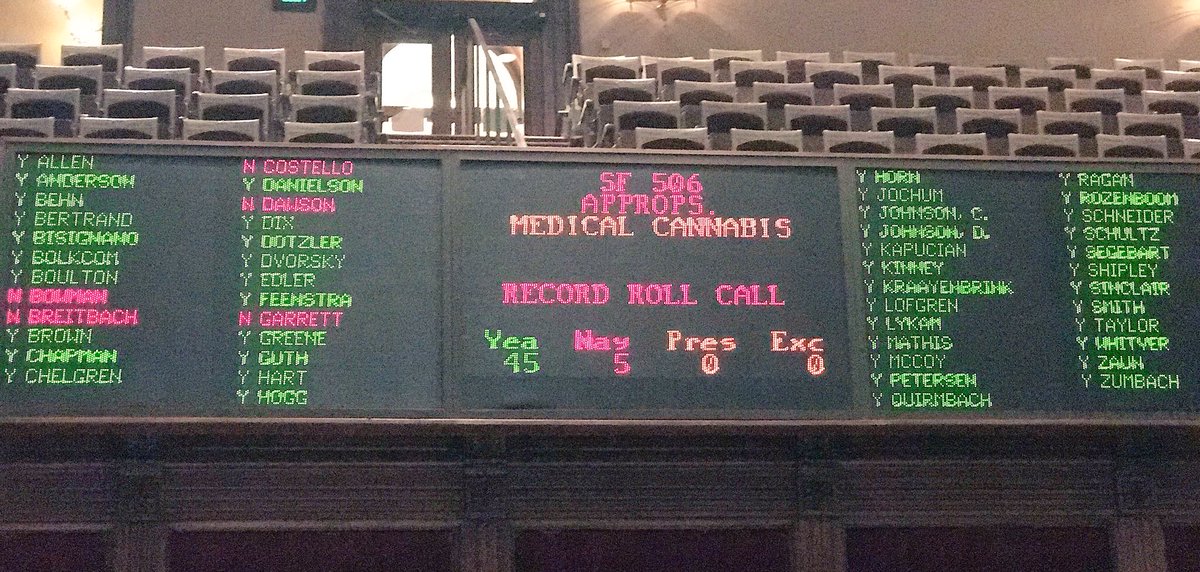Another Democrat is moving closer to a Congressional bid in Iowa’s first district. The Daily Iowan reported several days ago that Ravi Patel “is assembling campaign operatives and meeting with influential donors in Eastern Iowa in preparation for the run.” He is best known as principal and president of Hawkeye Hotels, a fast-growing company his parents established. Pat Rynard wrote on the Iowa Starting Line blog that Patel “has built connections from holding many fundraisers for Democratic candidates” and is “an entrepreneur involved in many startup businesses.”
If he runs for Congress, Patel told the Daily Iowan that his campaign “would be data-driven and heavy on social media.” His biggest potential weakness would probably be his youth (current age: 29). Iowans have nominated some young candidates who faced competitive primaries against more experienced rivals, most recently Ben Lange, the GOP’s 2012 nominee in IA-01. But despite a lot of excitement on social media, State Representative Anesa Kajtazovic didn’t make much headway with IA-01 Democratic voters, finishing fourth in the 2014 primary. Anecdotally, many Democrats liked Kajtazovic but questioned whether she had enough experience for the job she was seeking. Patel would also be competing against others who have more longstanding ties to the district. Although he owns a home in Cedar Rapids now, he has spent most of his life in either Burlington or Iowa City, which are located in the second Congressional district.
The front-runner in the Democratic primary remains Cedar Rapids City Council member Monica Vernon, who last week added her first labor union endorsement to the long list of sate legislators backing her second bid for Congress. After the jump I’ve posted the press release announcing the Teamsters Local 238 endorsement of Vernon. That local did not endorse in the 2014 primary to represent IA-01, but two other Teamsters locals backed the eventual winner Pat Murphy. Note: the press release mentions that Teamsters Local 238 has approximately 6,000 members. A representative for the union told me that between 2,000 and 2,500 of those members live in the IA-01 counties.
Other Democrats considering a bid in IA-01 include former Governor Chet Culver, former State Senator Swati Dandekar (who placed third in the 2014 primary), and former Saturday Night Live actor Gary Kroeger. His most recent blog post, which I’ve excerpted below, takes a quick look at the history of America’s major political parties with a view to reducing the “vitriol in our disagreements.” Kroeger posted today on Facebook that if elected to Congress, he would push for creating a national jobs program inspired by a non-profit foundation he profiled at his blog a couple of years ago.
Any comments about the IA-01 race are welcome in this thread. Republican blogger Craig Robinson pointed out recently that GOP incumbent Rod Blum will benefit tremendously from having U.S. Senator Chuck Grassley on the ballot in 2016.
It’s also worth noting that at least three and perhaps as many as six battleground Iowa Senate races will be located within IA-01 next year. State Senator Jeff Danielson will seek a fourth term in Senate district 30, covering parts of Waterloo and Cedar Falls; he faced well-funded challengers in his last two re-election campaigns. State Senator Mary Jo Wilhelm won by just 126 votes in Senate district 26 in 2012. I expect the GOP to target that district, half of which is in IA-01 and half in IA-04. Republicans are less likely to mount a serious challenge against either State Senator Liz Mathis in Senate district 34 or State Senator Brian Schoenjahn in Senate district 32, but a surprise retirement would instantly make either of those races competitive. Meanwhile, Democrats are likely to target Senate district 28, where GOP State Senator Mike Breitbach won by only 17 votes in 2012. First-term Senator Dan Zumbach could also face a serious challenger in Senate district 48. After the jump I’ve posted a map showing all the Iowa Senate district lines. UPDATE: Perhaps I should also have mentioned Democratic State Senator Steve Sodders (SD-36) and Republican Tim Kapucian (SD-38), who will be up for re-election in 2016 as well in counties that are part of IA-01. I haven’t heard of potentially strong challengers in either Iowa Senate district, but that could change before next spring.
Continue Reading...






